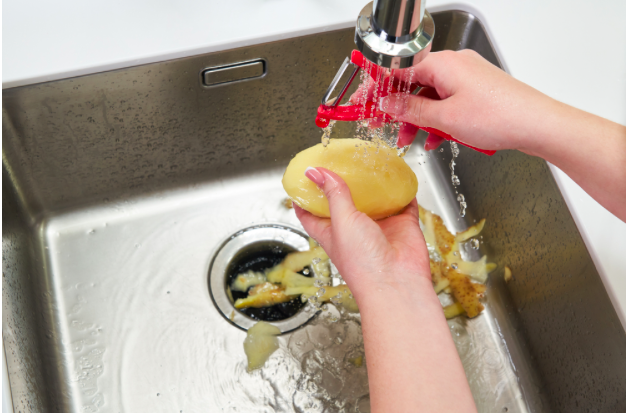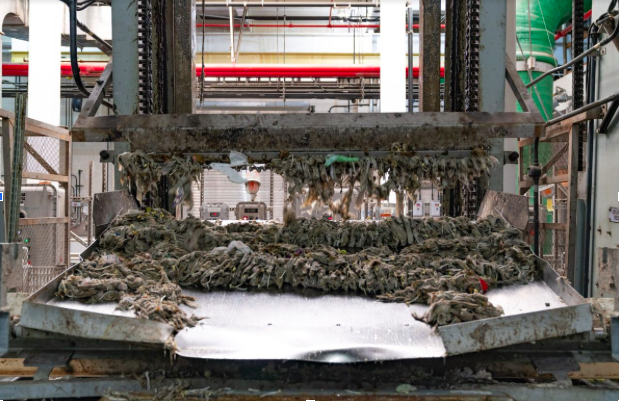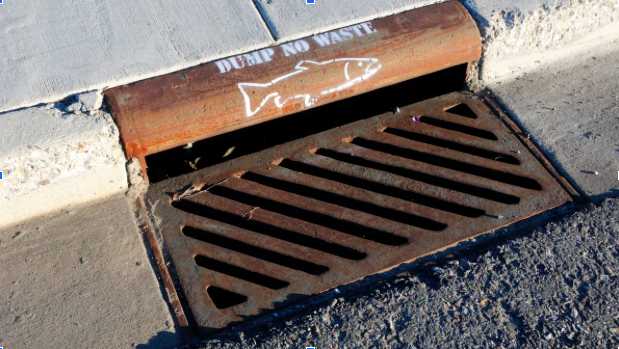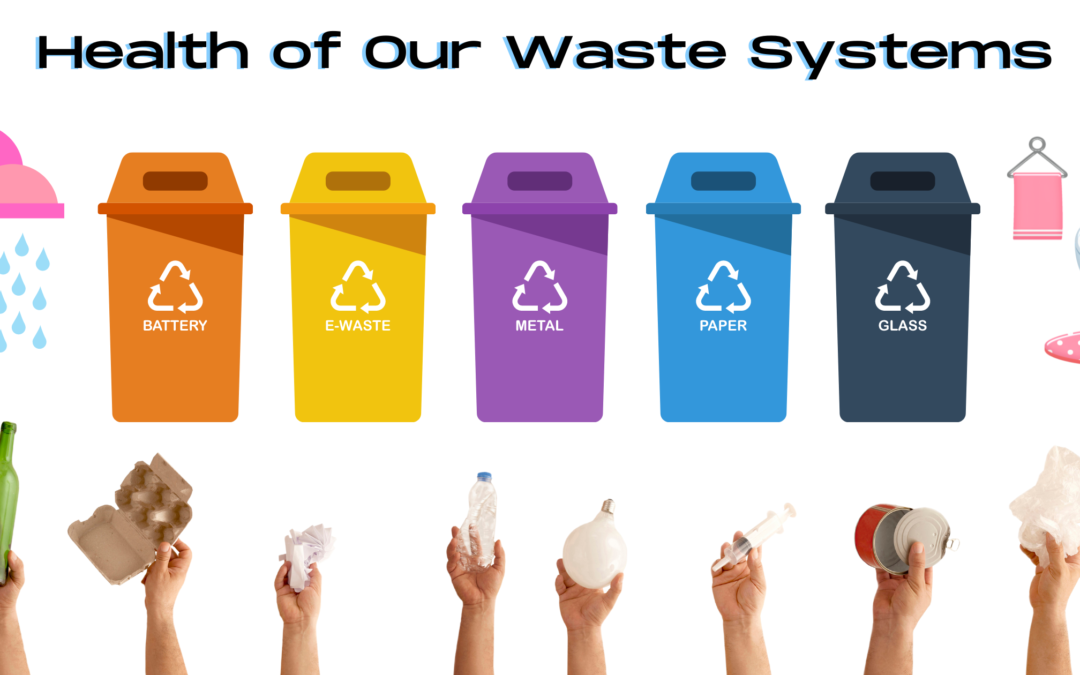Written by: Jen Liu
Can you think of all the areas in and around your household where you dispose of waste?

The systems include sinks, shower drains, toilets, trash bins, recycling boxes, and many more. As a society, we are constantly producing waste upon waste for our sanitary systems to process. Many of us think of it as an integrated system that will always be there when we need it. That, however, is simply not the case.
When hard to process or hazardous substances enter our systems, they not only prove a risk to the safety and efficiency of our systems, but they also cost us thousands of dollars each year.
Take the sanitary wipe crisis; these wipes are your generic wet wipes that are marketed as “flushable” and “toilet-safe”. On the contrary, these wipes cost homeowners and cities an abundance in repairs every year. The majority, if not all brands of sanitary wipes are primarily synthetically woven together plastics. Even if the packaging states that it is okay to flush, they’re about as “flushable” as plastic bags or bobby pins.

Once in the system, sanitary wet wipes gunk together to clog residential plumbing. If you’re lucky enough, it won’t become stuck in the pipes inside your home but once into the cities’ wastewater management facility, the problem isn’t any less yours. The sludge clings onto pistons and pipes, and requires time and money to replace equipment and hire a crew of cleaning personnel. So the next time you purchase a bulk box of “flushable’’ wet wipes from your local Costco or Amazon, consider the alternatives. Invest in a fancy bidet or simply turn to traditional toilet paper.
When we overload or create new issues for our existing systems, not only do we incur additional costs, but we also endanger the environment. Storm drains are a perfect example of this because there are various ways that we continue to pollute waterways. Direct methods include illegal dumping of waste; whether it be the disposal of industrial waste down storm drains, or factories that run their wastewater into nearby bodies of water. There are even ways that you contribute to the issue unknowingly, i.e. overflow of gasoline from topping off and runoff water from washing your car in the driveway.
It has become a bylaw in most municipalities in Ontario that you cannot wash your car in your driveway or on the street. The first offense could earn you a fine of up to $3000. Car wash facilities are much safer due to the fact that they are connected to the city’s wastewater treatment facility. If you still wish to do your washing at home, it is recommended that you do it over your lawn as the grass can safely contain the suds and wastewater.

Storm drains are abundant in any urban city and are strategically placed at faults to catch any rainwater, making them directly connected to lakes and rivers. When harmful toxins are disposed of through it, the consequences are (fill in the blank). Chemicals, for example, can be leached into the soil near the contaminated waterways leading to toxic patches of plant life. Not to mention that bioaccumulation of these substances in the wildlife, particularly fish, could lead to detrimental consequences to their population, health, and habitat. Recreational fishing has been limited to smaller and smaller areas each year. Rural areas require water purification systems since their main source of water is derived from groundwater deposits.
Safe disposal is essential in protecting the environment and everyone’s wellbeing. Sustainability is the key to a cleaner, safer and prosperous future. As it stands, our present waste systems are not equipped with the infrastructure or technology to keep up with the hundreds of new synthetic toxins developed for commercial sale. The responsibility lands on us as consumers to properly discard the trash we create. Going to a local Enviro-Depot to dispose of any industrial waste is strongly encouraged.
For more information feel free to visit the sources below.
References(MLA):
Cambridge Times. “The Environmental Impact of Washing Your Car.” CambridgeTimes.ca, 8 June 2015, www.cambridgetimes.ca/shopping-story/5666329-the-environmental-impact-of-washing-your-car/.
Carter, Tim. “Flushable Wipes Are Terrible for Plumbing.” The Washington Post, WP Company, 26 Mar. 2020, www.washingtonpost.com/business/2019/05/21/flushable-wipes-are-terrible-plumbing/.
City of London. “Sewers and Wastewater.” City of London, 2021, london.ca/living-london/water-environment/sewers-wastewater.

